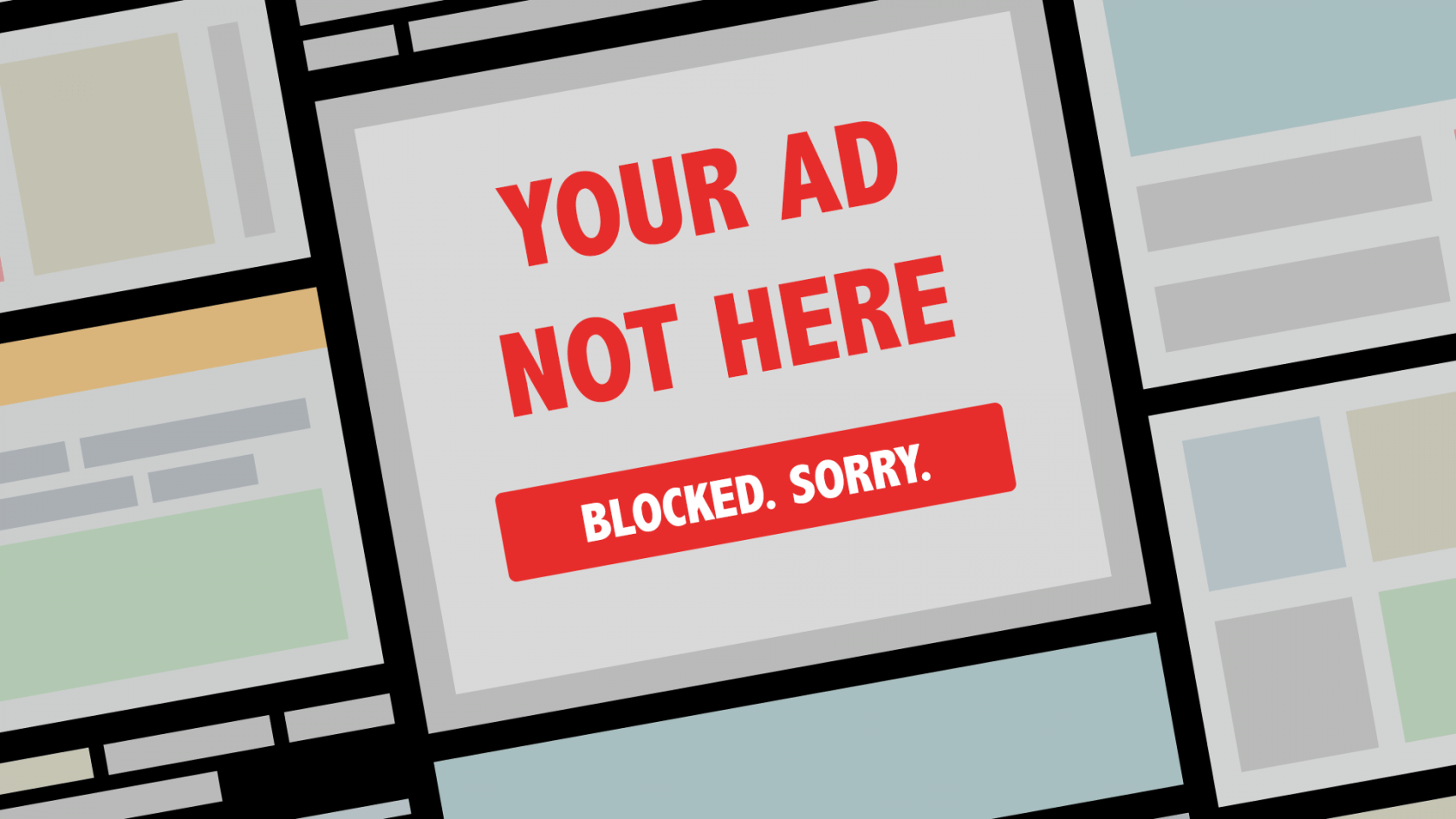In context: Advertisements are how many websites stay afloat these days, but many users have opted to avoid seeing them entirely by installing ad-blocking browser extensions, like AdBlock or AdBlock Plus. However, even those add-ons don't always do what they promise to. AdBlock Plus, in particular, has drawn criticism in the past for its "Acceptable Ads" program.

The Acceptable Ads program's stated goal is to improve the quality of advertising throughout the web. It aims to do this by laying out a few specific standards that participating advertisements must follow. For example, they cannot interrupt the flow of an article or web page, and they must be easily-distinguishable from normal content.
If a company's advertisements meet that criteria and the firm offers AdBlock Plus' owners a nice payout (according to one Democratic senator -- more on that in a minute), the ads can be added to the Acceptable Ads whitelist. This whitelist allows participating ads to be shown to any AdBlock Plus users who haven't opted-out.
Though this whole concept (first introduced in 2011) was already considered sketchy by some users, the situation became even more complex a few years later. In October of 2015, AdBlock Plus opened up its Acceptable Ads program to competing extensions. On the same day, AdBlock (one such competitor) revealed that it had been sold to an "anonymous buyer," and that it would be joining the Acceptable Ads program.

If that situation sounds a bit weird to you, you aren't alone. Democratic Senator Ron Wyden believes that AdBlock's sale and subsequent Acceptable Ads participation represents a "likely [violation]" of federal law. According to him, when AdBlock automatically enrolled its users in the Acceptable Ads program without acquiring consent, it probably broke the FTC's rules on privacy policy changes.
"The FTC has made it clear that when one company buys another and "change[s] the privacy promises already made to consumers, [the buyer will] need to inform consumers and get their express affirmative consent to opt in to your new practices," Wyden writes. He goes on to claim that AdBlock's decision opened up users to tracking and targeting.
Whether or not AdBlock truly broke federal law remains to be seen, but Wyden has asked the FTC to investigate the situation nonetheless. The organization says it's received his request, but we don't know what (if anything) they plan to do about it for now.
Middle image credit: Shutterstock
[/s]